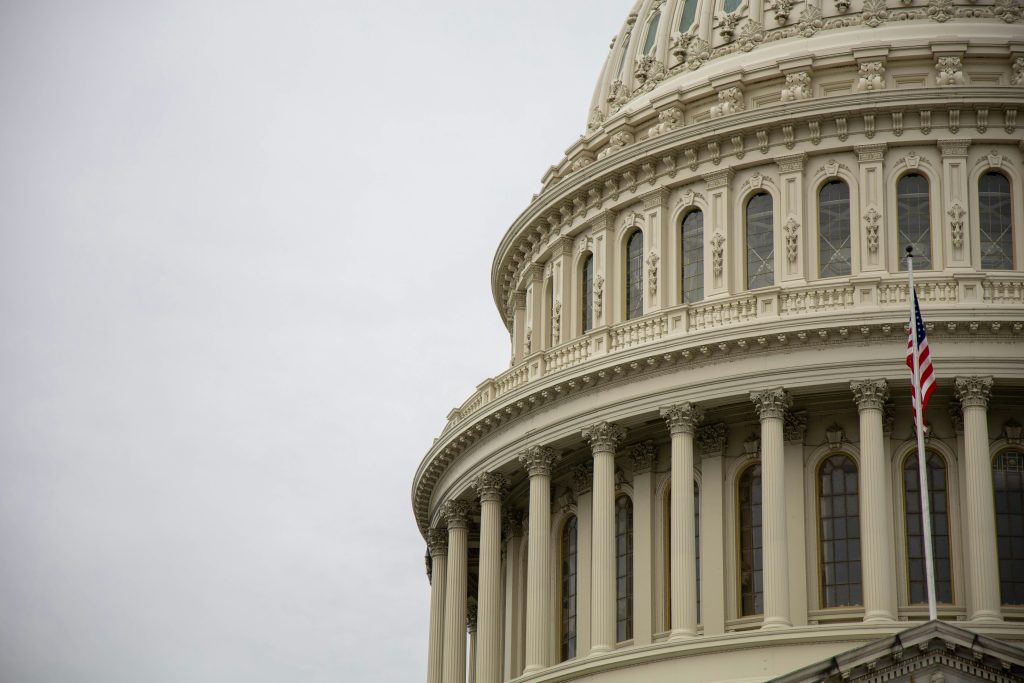Missouri created history by becoming the newest state to allow sports betting. Residents aged 21 and older will soon have the chance to place bets online and at physical sportsbooks. The approval passed by a narrow margin of just over 4,000 votes. This marks a big change in how the state views regulated gambling.
What the New Law Means
The new sports betting rules allow for betting in brick-and-mortar stores and on the internet. Operators have chances to open mobile apps and physical betting places statewide. The law becomes official in early 2025, which lets state regulators prepare everything on time for the next NFL and college football seasons.
One of the purposes of allowing sports betting was to earn tax money for Missouri’s schools. Estimates say sports betting might raise almost $29 million each year, which would be a tremendous help for Misouri’s education system and public services. The possibility of increased consumer protections also attracted support during the campaign for the amendment.
A Long Journey to Legalization
Missouri’s road to legal sports betting was not without obstacles. Previous legislative attempts failed to gain traction, with significant resistance from certain groups. However, this time, a coalition of sportsbook operators like FanDuel and DraftKings, along with advocacy groups and sports leagues, invested heavily in promoting the measure. Campaigns supporting Amendment 2 reportedly spent over $40 million—the most ever spent on a ballot measure in Missouri.
Despite these efforts, the opposition remained vocal. Critics included rival casino operators and organizations concerned about gambling addiction and potential negative societal impacts. Their arguments resonated with a significant portion of voters, as evidenced by the close results of the election. The contentious debate surrounding the issue highlighted the complex and divisive nature of expanding gambling in Missouri.
Why It Matters
The legalization of sports betting shows how people across the country now see gambling more positively. Misouri’s decision increases the number of states with legal sports gambling to 39.
Most people in the U.S., almost two out of three, now live where sports betting is legal. This detail is significant. For Missouri, this move is expected to drive significant economic benefits while also curbing illegal betting operations. This shift in attitude towards gambling reflects changing cultural norms and values in American society.
Looking Ahead
The focus now shifts to Missouri’s gaming regulators, who will be tasked with setting up a licensing system and ensuring operators meet compliance standards. Industry leaders are expected to play a significant role in Missouri’s new market, but their entry will come under intense scrutiny. Ensuring that tax revenues are directed appropriately and that consumer protections are upheld will be critical as the state navigates this new frontier.
In Conclusion
Missouri’s decision to legalize sports betting marks a turning point for the state and adds momentum to the broader movement toward regulated gambling in the U.S. While supporters celebrate the potential for economic growth and innovation, the outcome will depend on balancing these benefits with the need for fairness, transparency, and responsible gaming practices.



